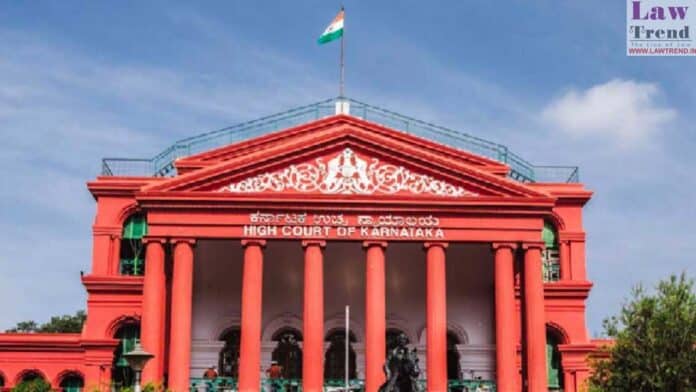The Karnataka High Court on Thursday issued a notice to the state government on a petition challenging a police directive prohibiting consumption of non-vegetarian food within a 200-metre radius of the Sri Honneshwara Deity temple in Shivanagere village, Tumakuru district.
The petition, filed by the Sri Honneshwaraswamy Devasthana Jeernodhara Seva Samithi Trust, contends that the restriction violates long-standing customs of devotees and disrupts the daily lives of residents in the village.
On July 13, 2024, the jurisdictional police issued a notice citing a previous High Court order that banned animal sacrifice and meat consumption near the temple. The notice warned of penal action against violators.
The temple trust has argued that while it does not oppose a ban on animal sacrifice, extending the restriction to the consumption of meat infringes upon private practices. Since the temple is located at the centre of the village, the 200-metre prohibition would prevent residents from cooking or eating non-vegetarian food in their homes, the plea states.
The trust emphasised that the Sri Honneshwara temple is a private shrine where devotees, including those from neighbouring states, traditionally prepare both vegetarian and non-vegetarian meals as part of their rituals. Such food, it clarified, is cooked in facilities located outside the sanctum but within the temple premises.
It further submitted that despite providing a written explanation to the police in September 2024, confirming that no animal sacrifices were conducted inside the temple precincts, the authorities have not withdrawn or clarified the notice.
Hearing the plea, Justice B M Shyam Prasad directed the additional government advocate to seek instructions on whether the police had taken into account local customs before issuing the restriction. The court observed that the rationale for the directive required closer scrutiny.
The matter has been posted for further hearing on September 10. Meanwhile, the trust has sought interim relief, urging the court to stay the operation of the police notice, arguing that it hampers both religious practices and the day-to-day life of villagers.




